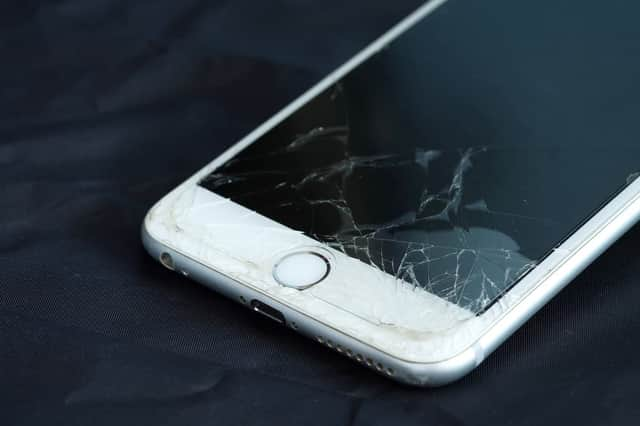Fixing your smashed iPhone screen just got easier and cheaper - here’s why


A cracked iPhone screen is an all-too-common occurrence, and getting it fixed can be expensive.
Finding a place to get it fixed is not always easy, either, as Apple has always been reasonably strict on who is able to repair their products.
Advertisement
Hide AdAdvertisement
Hide AdIndependent shops who want to repair Apple products have to pay high prices to become authorised to repair with official parts, and have often complained about being priced out of the market.
This is all about to change, though, as Apple is relaxing its rules on fixing iPhones and making the process cheaper and easier.
More independents will be able to fix your phone
Today (30 Aug) Apple announced that it is going to start selling parts, tools and repair guides to independent shops so they can fix broken iPhones.
It is a U-turn for the tech giant, which has lobbied against ‘right-to-repair’ laws being introduced in states in the US which would make it easier for non-authorised shops to fix Apple products. They previously claimed that their authorisation rules were necessary to maintain a high standard of service.
Advertisement
Hide AdAdvertisement
Hide AdThe decision has been made with the aim of easing demand on Apple and its partners, which are faced with fixing millions of cracked screens and fried charging ports.
Prices could be undercut
But the freedom it gives independent retailers to undercut Apple and offer the repairs at cheaper prices that they can set themselves could lead to a boom for these smaller businesses.
Independent repair shops will be offered official parts for out-of-warranty repairs at the same price offered to authorised service providers. They will be required to send back broken parts to Apple to be refurbished or recycled.
The high volume purchases of parts and products required of independent retailers to become authorised to repair Apple products previously made many unable to offer the service.
Advertisement
Hide AdAdvertisement
Hide AdMaking it easier and cheaper to repair old iPhones is also thought to increase the chances of people handing the products down to family and friends when they buy a newer one, therefore increasing the number of people who use Apple products.
The new rules will initially be rolled out in America, and the rest of the world will follow.